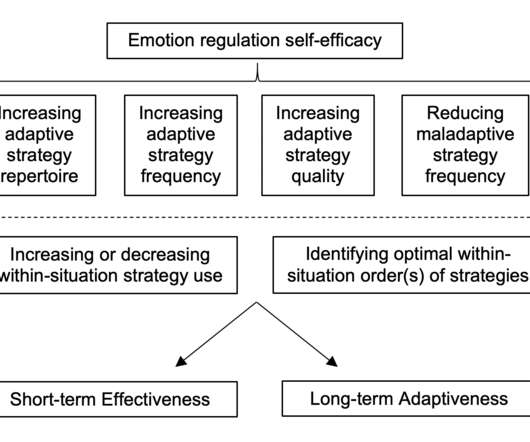Types of Therapy and Mental Health Providers
Stop Abuse Campaign
JANUARY 19, 2022
Therapists and counselors have extensive training in mental health techniques, mental health issues and what interventions to employ based on goals that are determined collaboratively with the client and counselor or therapist. . There are several types of mental health providers and therapies.













Let's personalize your content